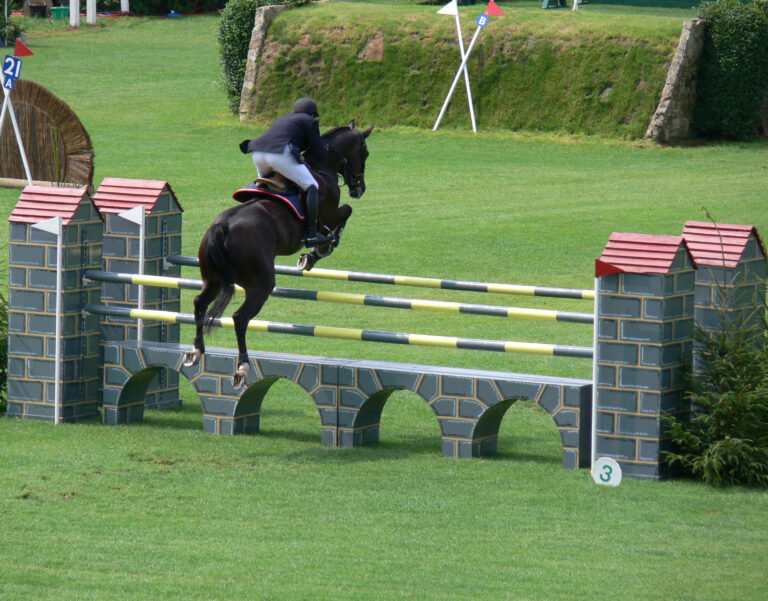The following research was reported on liebertpub.com and titled “Generation of functional neurons from feeder-free, keratinocyte-derived equine induced pluripotent stem cells.”
Abstract
“Pluripotent stem cells (PSCs) offer unprecedented biomedical potential not only in relation to humans but also companion animals, particularly the horse. In spite of this, attempts to generate bona fide equine embryonic stem cells have been unsuccessful. A very limited number of induced PSC lines have so far been generated from equine fibroblasts but their potential for directed differentiation into clinically relevant tissues has not been explored. In this study, we used retroviral vectors to generate iPSCs with comparatively high efficiency from equine keratinocytes. Expression of endogenous PSC markers (OCT4, SOX2, LIN28, NANOG, DNMT3B and REX1) was effectively restored in these cells, which could also form in vivo several tissue derivatives of the three germ layers, including functional neurons, keratinized epithelium, cartilage, bone, muscle, and respiratory and gastric epithelia. Comparative analysis of different reprogrammed cell lines revealed an association between the ability of iPSCs to form well-differentiated teratomas and the distinct endogenous expression of OCT4, REX1 and reduced expression of viral transgenes. Importantly, unlike in previous studies, equine iPSCs were successfully expanded using simplified feeder-free culture conditions, constituting significant progress towards future biomedical applications. Furthermore, under appropriate conditions equine iPSCs generated cells with features of cholinergic motor neurons including the ability to generate action potentials, providing the first report of functional cells derived from equine iPSCs. The ability to derive electrically active neurons in vitro from a large animal reveals highly conserved pathways of differentiation across species and opens the way for new and exciting applications in veterinary regenerative medicine.”
Authors
Ruchi Sharma, Dr. Matthew R Livesey, Dr. David J.A. Wyllie, Dr. Christopher Proudfoot, Bruce Whitelaw, Dr. David C Hay, and Dr. Xavier Donadeu.









